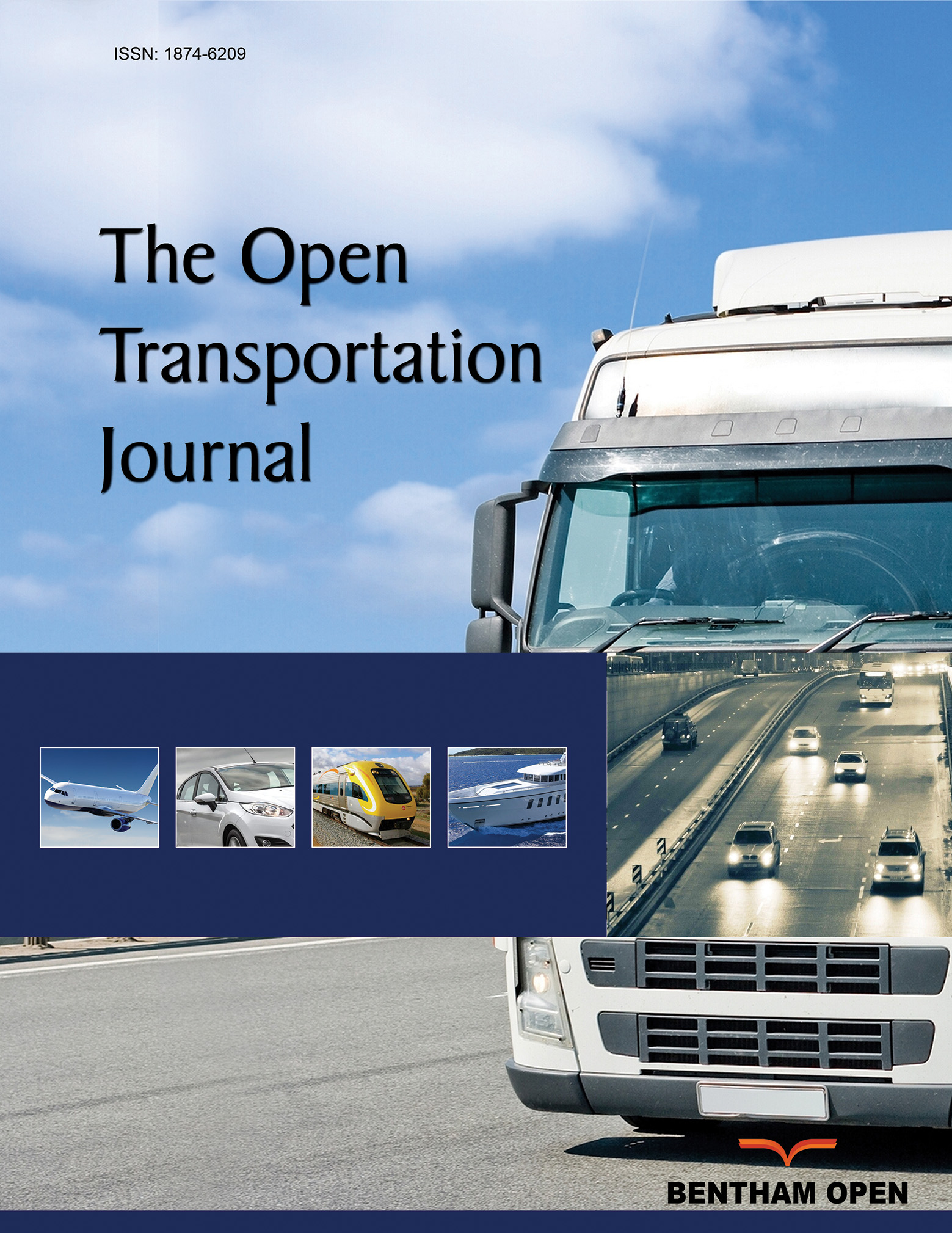All published articles of this journal are available on ScienceDirect.
Organization Leadership in the Automobile Industry: Knowledge Management and Intellectual Capital
Abstract
Background:
Currently, the issue of a company’s innovative and competitive development is relevant in all areas of activity. The automobile industry, having innovative component as one of the development vectors, is faced with the task of achieving high competitiveness through active innovative learnings. This direction is influenced by Knowledge Management (KM) factors, which have a strong impact on the organizational leadership actions of automobile corporations.
The automobile industry in Thailand is considered successful due to fast-driven KM and technology transfer activities. Unfortunately, the growth of the Thai auto industry is directly dependent on the performance of the offices of large international leading corporations; therefore, whether the Thai auto industry will be able to maintain the same marketing position through its own knowledge and technological capabilities is a question.
This study analyzes the impact of KM-based organizational leadership in the automotive industry in Thailand using a Korean case study. Our research analyzed the knowledge-driven aspects of the automobile industry of Thailand and South Korea to identify the key factors that have a direct impact on competitiveness through the organizational leadership actions in these two countries.
Objective:
The study aims at investigating KM factors that influence the organizational leadership development of Korean and Thai automotive companies and evaluating their interdependence using the Cronbach alpha test.
Methods:
This research is based on statistical data and considers the specifics of the studied industry. It has limitations and uses quantitative data to generate results. The main source of data collection is open source. The test results for each component are organized according to the Cronbach alpha test.
Results:
Two automobile corporations from the Asian region were investigated. The application of organizational leadership in the technological field of automobile companies and knowledge transferring processes was found; an interdependence between the KM and organizational leadership was discovered as a result.
Conclusion:
Organization leadership could be used as an application for KM process development within the technological area of automobile companies. These findings can be used by managers to develop strategic programs to improve the knowledge transferring process and the organizational leadership in Asian automobile companies.


